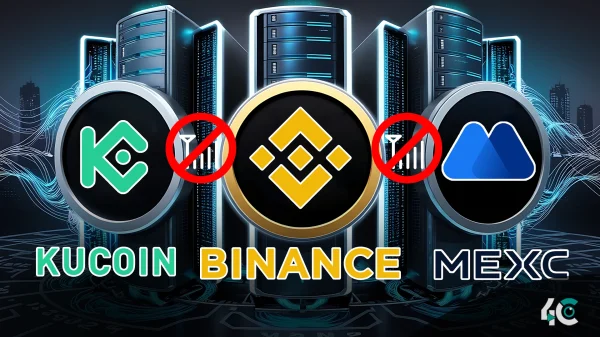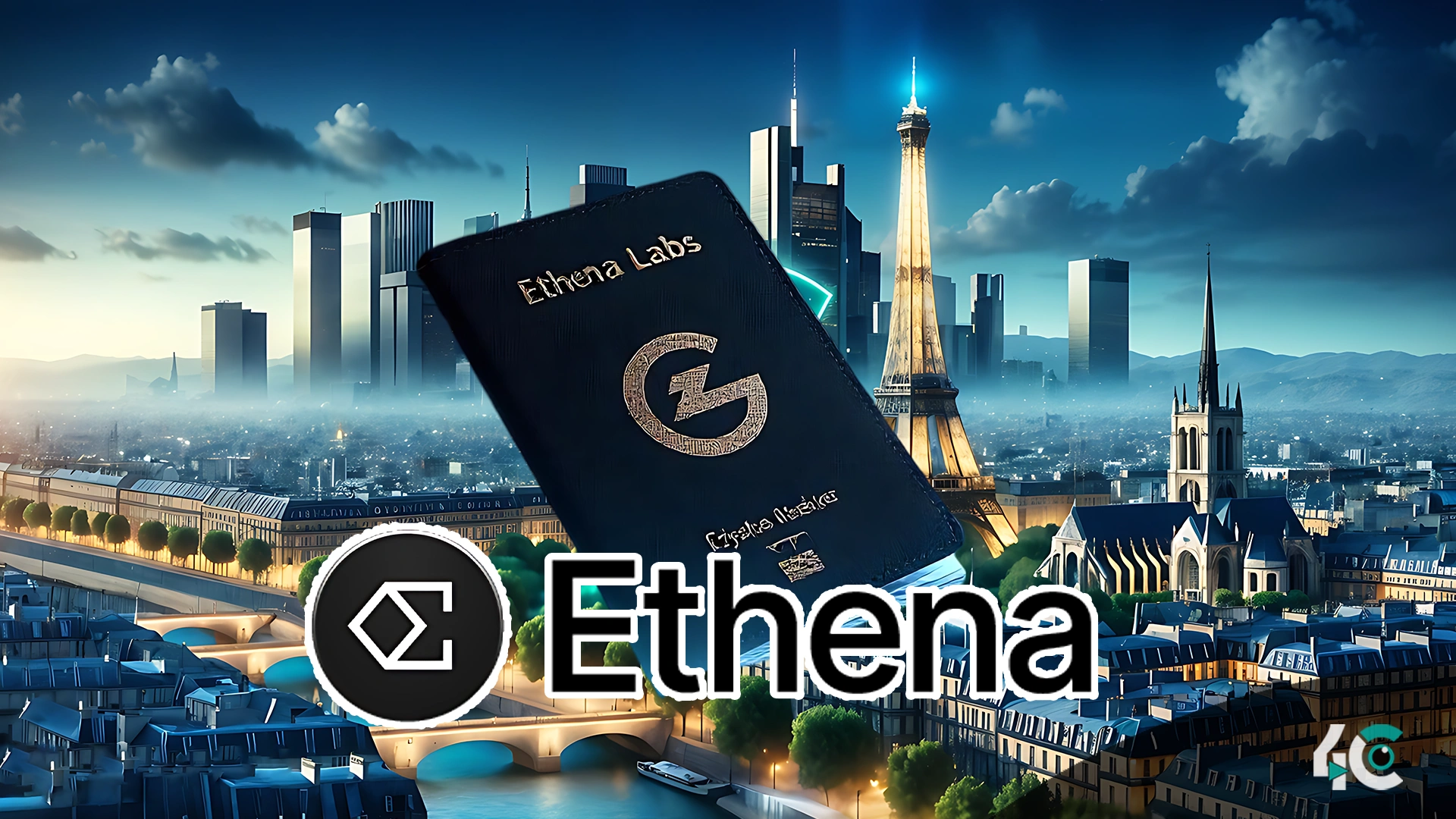Ethena Labs has officially exited the German market following regulatory scrutiny from BaFin. The German financial authority raised concerns over compliance issues related to Ethena’s USDe stablecoin, leading the company to cease operations of its German subsidiary, Ethena GmbH, and discontinue its pursuit of MiCAR authorization. All activities have been transitioned to Ethena’s British Virgin Islands entity, ensuring continued service for users outside Germany.
Ethena Labs Makes Exit from Germany After BaFin Deal
Ethena Labs, the creator of the USDe stablecoin, is withdrawing from Germany because it had a disagreement with the regulator BaFin. In light of this decision, the company has wound up its German branch, Ethena GmbH, while also halting work on obtaining sanctions under the EU’s Markets in Crypto-Assets Regulation, or MiCA.
After BaFin took action in March, which froze the mint and redemption of USDe over jurisprudence complaints and securities violations, this withdrawal took place. Ethena GmbH has stopped all activities related to the stablecoin, preventing it from operating in Germany altogether.
Ethena Labs claims that it switched users who accessed USDe through its German subsidiary to its British Virgin Islands-based company, Ethena Limited. The German division no longer operates or interacts with customers, marking a significant departure from the region altogether.
USDe’s Unique Mechanism Under Scrutiny.
Unlike stablecoins like USDT and USDC, USDe lacks the backing of fiat reserves or other assets. The USDe aims for a dollar peg through an automated delta-hedging mechanism. This high-tech plan has not gone down well with regulators due to concerns about MiCA (the new crypto law).
Even though these things happened, USDe is still one of the top stablecoins by market cap, with a current total value of about $4.9 billion. Nonetheless, it is challenging to integrate advanced crypto products into highly regulated financial systems due to these hurdles.
MiCA’s Strict Requirements Pose Challenges.
The MiCA regulation by the EU, which imposes tough norms on stablecoin issuers, has emerged as a big challenge for several players in the space. The main provisions have requirements that include mandates for reserve transparency, asset segregation, and regular reporting. The design of all three is to provide investors with protection.
Some issuers got approval under MiCA, but other issuers like Ethena didn’t get the green light. Tether and Binance are two of the big leagues that have faced similar issues, which has led them to do the same thing.
A Strategic Pivot Outside Germany
Ethena Labs is disappointed with Germany’s decision but is committed to continuing operations through other means. The firm is applying more focus to its approach given the increasingly strict regulations across Europe.
Ethena’s decision to pivot highlights the significant challenges faced by crypto companies operating in the EU. With the tightening of regulations, companies either change to suit them or go to a place with fewer restrictions.
Conclusion
Ethena Labs’s choice to leave Germany shows how much harder it is for crypto companies to work in the European Union. Although the USDe stablecoin has managed to stay on top of the game, its failure to comply with something as tough as MiCA shows us the fight between that technology and compliance.
With the EU laying down stricter rules for digital assets, crypto firms such as Ethena Labs are re-evaluating their plans. For now, the firm will reorient itself to alternative markets and channels, but this decision raises broader questions about the need for clearer pathways to compliance for blockchain innovators.
The rules regarding cryptocurrency are changing fast. Ethena’s experience demonstrates the importance of innovators aligning with regulators to sustain and thrive in the global crypto ecosystem.














































